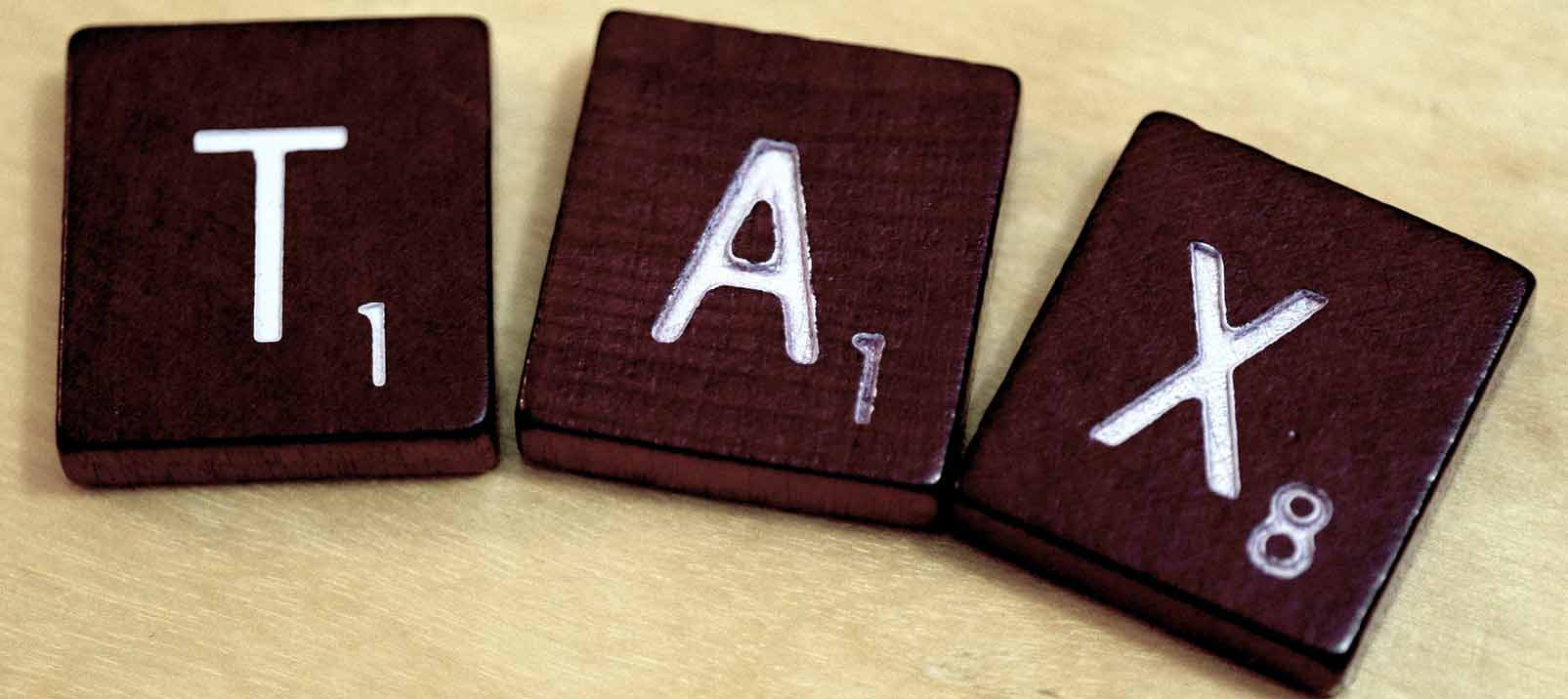An overhaul of the Capital Gains Tax regime seems inevitable and likely to prove expensive to those with significant exposure. There are, however, several ways to manage down your liability that can be put in motion without delay, explains Oliver Mulry, Investment Manager at Kingswood Group.
How does the landscape currently look?
Put very simply, capital gains tax (CGT) is a tax on the profit when you sell something that has increased in value. It is the gain you make that is taxed, not the amount of money you receive. Many assets such as your principal private residence (PPR), personal belongings worth less than £6,000, UK government gilts, premium bonds, betting, lottery or pools winnings are exempt. Assets like individual shares, collective investments and second properties, are generally liable to CGT, though not every gain realised on these types of asset needs to result in a CGT bill.
As things currently stand, every individual has a personal annual CGT allowance of £12,300 for the 2020-21 tax year. For many this is more than sufficient to avoid any level of CGT tax liability. Depending on the individual’s total other taxable income in the year that the gain is realised, any capital gains over and above the allowance are charged at either 10/20%, or 18/28% if the gain was made on a non-primary residential property.
Depending on the individual’s total other taxable income in the year that the gain is realised, any capital gains over and above the allowance are charged at either 10/20%, or 18/28% if the gain was made on a non-primary residential property
Although the current CGT rates are low compared to the rates of income tax (20%, 40% or 45%) and inheritance tax (40%) and are also historically low compared to previous rates of CGT (which has been charged at 40% before), there are still a number of ways in which it can be reduced or even removed altogether:
- The first crucial rule is to make full use your annual CGT allowance: As previously stated, each and every individual has an annual tax year allowance of £12,300, whereby gains realised on investments are free of tax. This is a “use it or lose it” type of allowance whereby any unused allowance cannot be carried forward into future tax years
- Losses can be your friend: It can be wise to sell assets held at a loss, if the overall gain that tax year exceeds your annual allowance. When you report a loss, the amount is deducted from the gains you made in that same tax year. If your total taxable gain is still above the CGT-free allowance, you can deduct unused losses from previous tax years. If they reduce your gain to the tax-free allowance, you can carry forward the remaining losses to a future tax year indefinitely.
- Invest in an ISA: Gains, and losses, are exempt from CGT in an ISA wrapper, therefore it is important to fully utilise your ISA allowance on an annual basis. Like the CGT allowance, this is a “use it or lose” opportunity, and an individual can contribute, and invest, £20,000 into an ISA in the current tax year.
- Transfer assets to a spouse: Transfers between spouses are exempt from CGT, allowing two lots of annual CGT allowances to be used, and potentially lower rates of CGT on gains. Running taxable portfolios in dual names is also an effective way to use up dual dividend and savings allowances, and is a common strategy deployed by Kingswood when managing family financial affairs.
Gains, and losses, are exempt from CGT in an ISA wrapper, therefore it is important to fully utilise your ISA allowance on an annual basis
There are also some other more complex ways in which you can manage down your CGT liability, and are all considered as part of wider financial planning opportunities by Kingswood’s advisers:
- Save for your retirement: By contributing to a pension, not only do you benefit from income tax relief on the way in, but all gains made on assets within the pension wrapper are completely tax free.
- Be charitable: You do not have to pay CGT on assets you give away to charity!
- Look at higher risk, private equity shares: Invest in tax-advantaged, government-approved investment schemes which have various different pros relating to CGT deferral reliefs and CGT-free gains.
By contributing to a pension, not only do you benefit from income tax relief on the way in, but all gains made on assets within the pension wrapper are completely tax free

Top Tip
The likely changes to CGT have got a great many of our users worried about far larger exposures than they had planned for. Yet as with Inheritance Tax and other levies, you will often find you have more control over what you pay than you might think. Taking professional advice as soon as possible could save you thousands, so why not let us arrange a no-obligation discussion with an expert to explore your options?

Lee Goggin
Co-Founder
How might the CGT landscape change?
We won’t know how big the final bill will be until the current Covid crisis is over, but the government is certainly having to borrow copious amounts of money as its current spending far outweighs what it’s recouping in tax receipts. The Office for Budget Responsibility estimated borrowing would be the highest figure ever seen outside of wartime in the current tax year. That borrowing has to be repaid, and reforms to CGT might be one way in which tax receipts are increased. The Office of Tax Simplification (OTS) has published its first report as part of the CGT review; whilst several simplifications were recommended, the main takeaways of the report were:
- Aligning CGT with income tax rates – this could lead to some CGT rates being doubled.
- Large reduction in the annual CGT allowance - the OTS report suggests this should be reduced to somewhere between £2,000 to £4,000.
- CGT on inherited assets – the OTS put forward that those who inherit assets that are exempt from IHT shouldn’t benefit from CGT uplift as well.
Where before it was less than 1% of income tax payers left to foot a CGT bill, three times as many people may have to pay capital gains tax if the recommendations are followed to pay for the cost of the Covid pandemic.
For many, therefore, now might be a time to also consider biting the bullet and paying an increased amount of CGT given that rates are at historically low levels, and the current regime is firmly in the Chancellor’s spotlight. It is worth remembering that the small steps you take early on can help to avoid a much larger tax bill further down the line.
Where before it was less than 1% of income tax payers left to foot a CGT bill, three times as many people may have to pay capital gains tax if the recommendations are followed to pay for the cost of the Covid pandemic
Important information
The investment strategy explanations contained in this piece are for informational purposes only, represent the views of individual institutions, and are not intended in any way as financial or investment advice. Any comment on specific securities should not be interpreted as investment research or advice, solicitation or recommendations to buy or sell a particular security.
We always advise consultation with a professional before making any investment decisions.
Always remember that investing involves risk and the value of investments may fall as well as rise. Past performance should not be seen as a guarantee of future returns.

